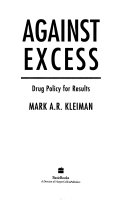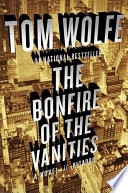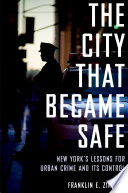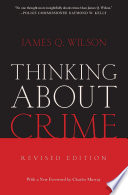📚 4 Books mentioned in "The Hidden Politics of Disorder" of The Ezra Klein Show

Here’s a list of all the books mentioned in this episode. Click on the links to watch specific excerpts on YouTube and feel free to purchase the books if they caught your interest!

Against Excess
Buy Against Excess by Mark A. Kleiman on Amazon
but instead I'll actually go with Mark kleinman's work on drug policy his book against excess which is in my mind the most analytically sound articulation of how to think about drug policy I've ever read just across the board it is a dense book
Charles Fain Lehman recommends Mark Kleinman's book 'Against Excess' as the most analytically sound articulation of how to think about drug policy.

The Bonfire of the Vanities
Buy The Bonfire of the Vanities by Tom Wolfe on Amazon
and the book that I recommend to understand the sort of peak of urban dysfunction in America is Tom W bonfire the vanities which is you know his sendup of urban American life in the 1980s and I think is a parody but is also in many ways true to reality and says a lot about today's urban life as well
Charles Fain Lehman recommends Tom Wolfe's novel 'The Bonfire of the Vanities' to understand the history of urban dysfunction in America.

The City That Became Safe
Buy The City That Became Safe by Franklin E. Zimring on Amazon
um Franklin zimmering the criminologist has a book called the city that became safe which is about New York's experience specifically
Ezra Klein mentions Franklin Zimring's book about New York's crime decline.

Thinking About Crime
Buy Thinking About Crime by James Q. Wilson on Amazon
The first one is a lot of the ideas I talked about particularly early in this conversation come from the work of the political scientist James Q Wilson arguably the most influential political scientist of the 20th century my personal ideological hero and his collection of essays thinking about crime was really influential on how I think about crime
Charles Fain Lehman recommends James Q. Wilson's collection of essays, 'Thinking About Crime', as influential on his thinking.
